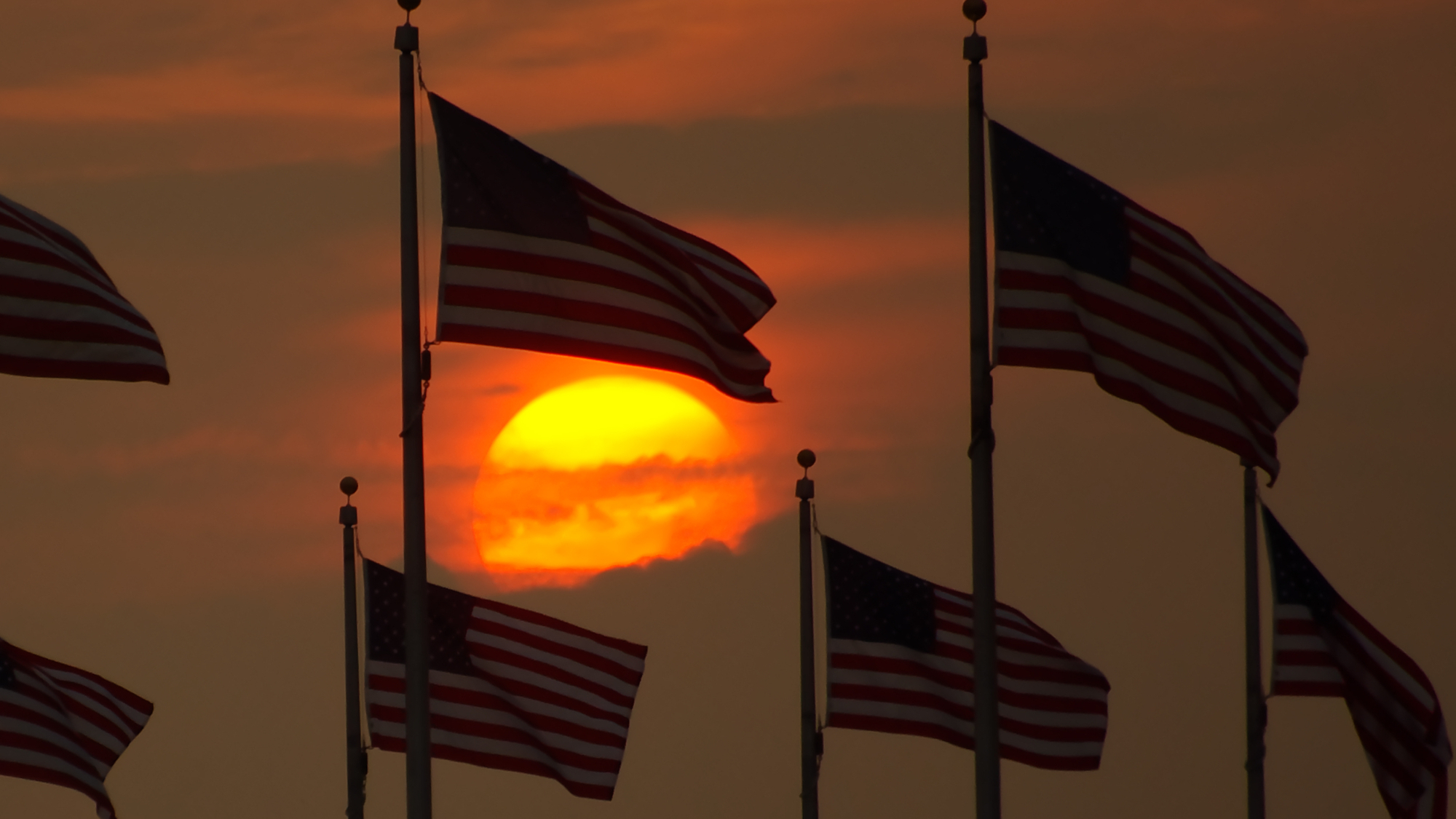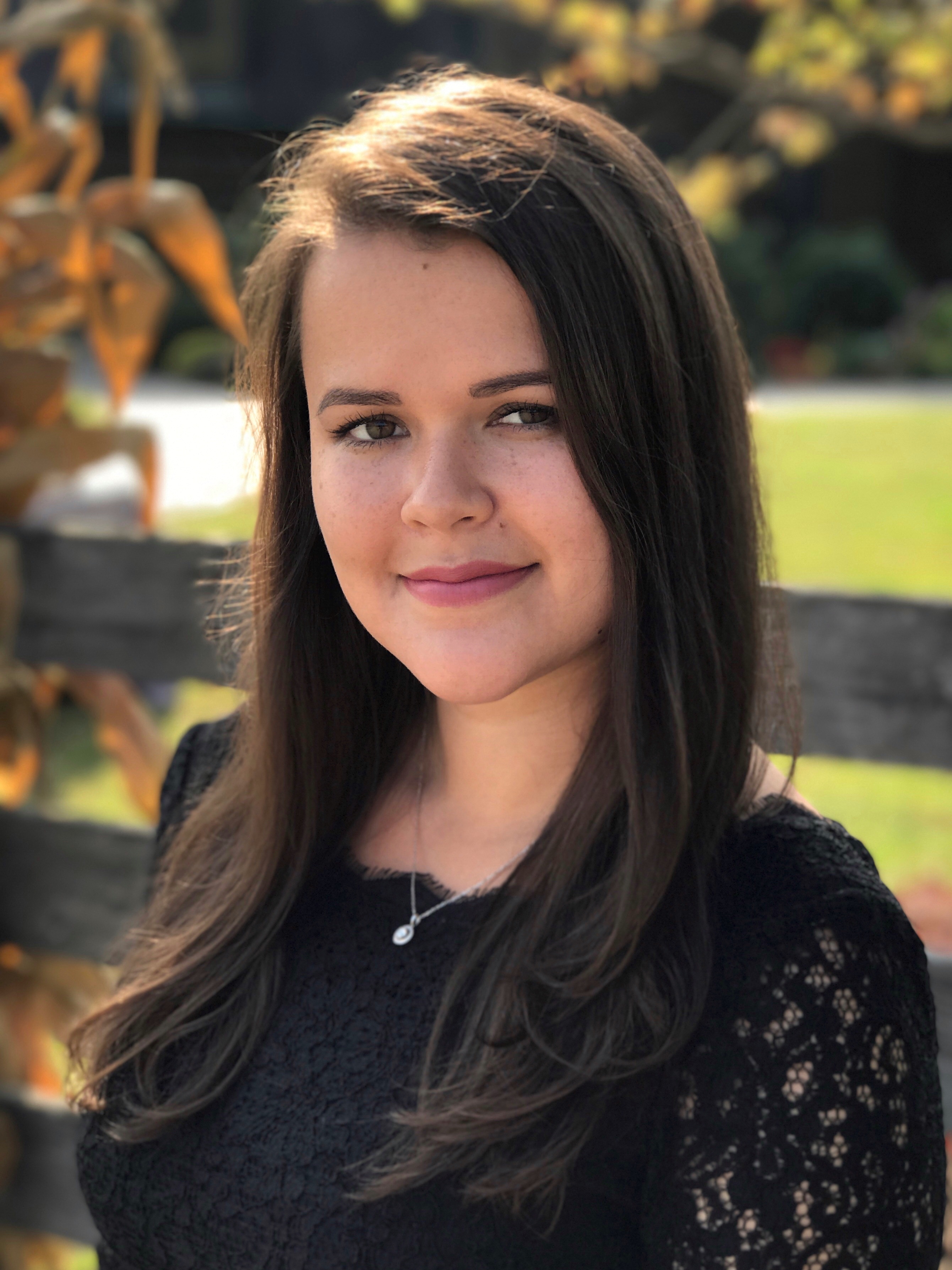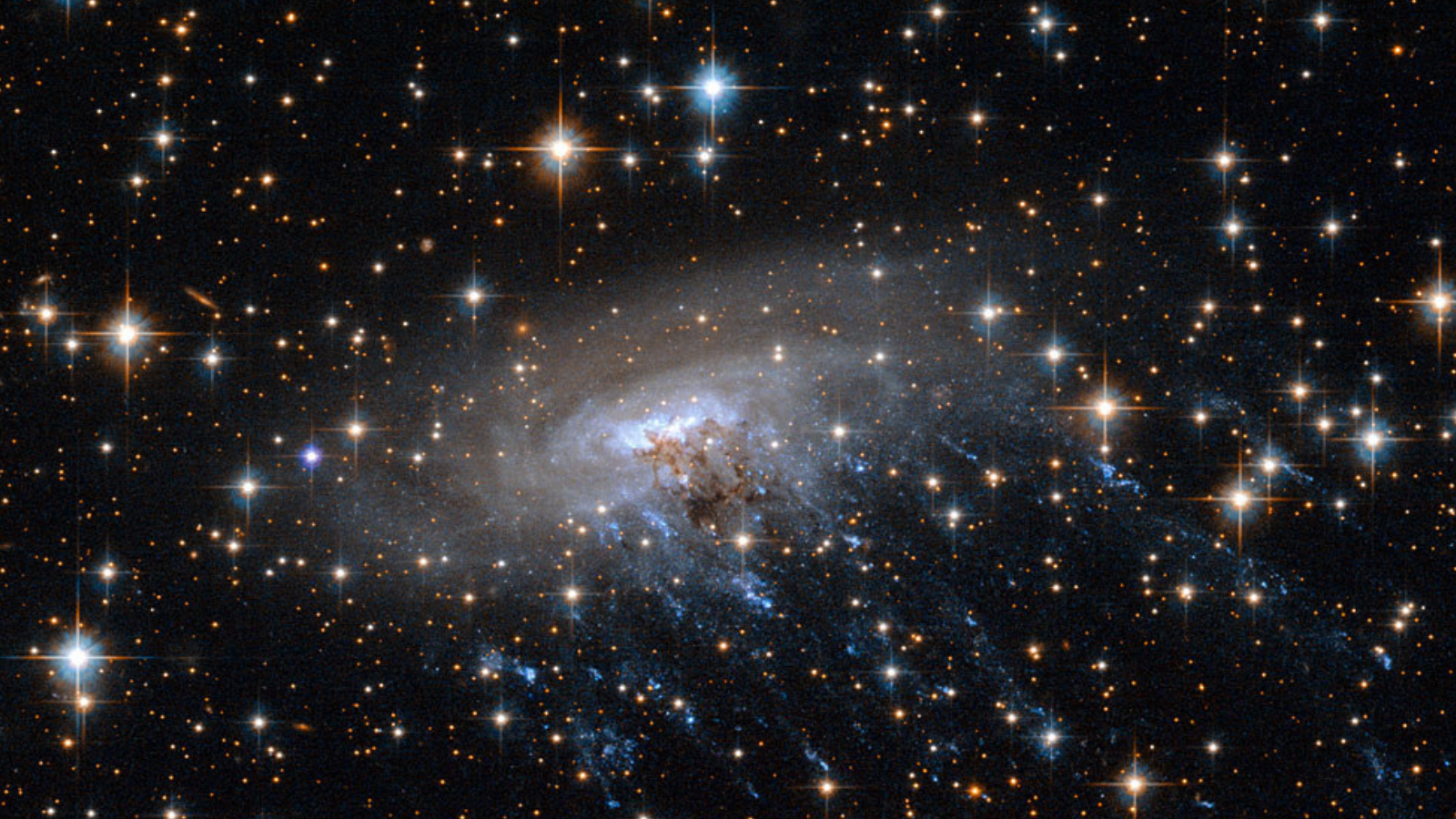These 2 US cities are the most vulnerable to solar storms, scientists say
It would appear that certain power grids are more susceptible to interference from geomagnetic storms than others.

Breaking space news, the latest updates on rocket launches, skywatching events and more!
You are now subscribed
Your newsletter sign-up was successful
Want to add more newsletters?

Delivered daily
Daily Newsletter
Breaking space news, the latest updates on rocket launches, skywatching events and more!

Once a month
Watch This Space
Sign up to our monthly entertainment newsletter to keep up with all our coverage of the latest sci-fi and space movies, tv shows, games and books.

Once a week
Night Sky This Week
Discover this week's must-see night sky events, moon phases, and stunning astrophotos. Sign up for our skywatching newsletter and explore the universe with us!

Twice a month
Strange New Words
Space.com's Sci-Fi Reader's Club. Read a sci-fi short story every month and join a virtual community of fellow science fiction fans!
As we approach solar maximum — the most active period in the solar cycle — it's no surprise that scientists are looking into the effects of geomagnetic storms on Earth. While increased solar activity often leads to brilliant showings of auroras, it also can wreak havoc on our technological systems here on Earth.
We most commonly see interference in radio transmissions during strong geomagnetic storms, but geomagnetically induced currents (GICs) have been known to take out power lines and transformers, too. A team from the British Geological Survey (BGS) has evaluated the vulnerability of cities' power grids and determined that two American cities are especially at risk during a geomagnetic storm: Milwaukee and Washington, D.C.
Lauren Orr of the BGS suggests various reasons as to why these two cities are particularly vulnerable, including "electrical conductivity of the ground, the physical construction of the power grid in those areas, or the location of the auroral currents in the sky."
Now, this isn't a red-alert emergency yet — most solar storms we've experienced in the last 100 years haven't been strong enough to wipe out a power grid. But if something like the 1859 Carrington Event, the strongest recorded solar storm in history, were to happen again, the problems would be severe.
Orr therefore posits that we should monitor cities like Milwaukee and Washington, D.C., to further learn what can be done to protect their power grids.
"Network science is now a common tool to quantify the resilience and robustness of power grids to both deliberate attacks and those caused by random failures or natural disasters," she said in a statement. "Having previously had great success using network science to uncover patterns within the auroral electrojet, we would again combine the fields of network science and space weather to capture the network response to GICs."
Breaking space news, the latest updates on rocket launches, skywatching events and more!

Space.com contributing writer Stefanie Waldek is a self-taught space nerd and aviation geek who is passionate about all things spaceflight and astronomy. With a background in travel and design journalism, as well as a Bachelor of Arts degree from New York University, she specializes in the budding space tourism industry and Earth-based astrotourism. In her free time, you can find her watching rocket launches or looking up at the stars, wondering what is out there. Learn more about her work at www.stefaniewaldek.com.
